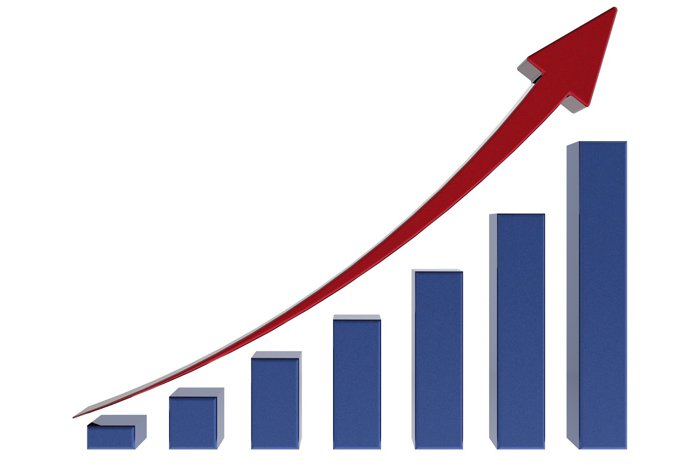IMF forecasts recovery of economic growth to 3.5 per cent in 2015
10:27 | 18.12.2014 Category: Economic
Chisinau, 18 December /MOLDPRES/ - In 2015, growth is projected to recover to 3½ percent as recently negotiated free trade agreements enter into effect and domestic demand recovers with the dissipation of election-related uncertainties, according to forecasts by the International Monetary Fund (IMF). Inflation is projected to remain within the National Bank of Moldova’s (NBM) inflation target range, says a report of the second post-program monitoring discussions, approved by the IMF Executive Board.
The Fund experts expect output growth is projected to decelerate to about 2 percent in 2014, reflecting a moderation in agriculture production, weaker economic activity in main trading partners, and the impact of Russia’s restrictions on imports of Moldovan products.
IMF ascertains that "fiscal discipline has weakened ahead of the elections. Following a substantial adjustment in 2010-13, Moldova’s fiscal position is projected to deteriorate significantly." the budget deficit excluding grants projected to widen from 3.8 percent of GDP in 2013 to 5.4 percent in 2014 and, in the absence of measures, to 7.1 percent in 2015. This reflects significant pre-election increases in wages and pensions, some ad hoc tax benefits, weaker economic activity, and measures to compensate those affected by trade restrictions.
At the same time, the IMF executive directors "welcomed the authorities’ intention to keep the general government budget deficit below 3 percent of GDP in 2015, and underscored that further fiscal consolidation will be needed over the medium term."
Severe governance problems in the banking system continue to represent a risk to financial stability, said the IMF experts, who carried out the second post-programme monitoring on 25 September - 7 October. The experts described as modest the achievements in enforcing the framework of regulating the work in the financial sector.
The members of the Executive Board "urged the authorities to pursue prudent macroeconomic and financial sector policies as well as deep structural reforms to reduce vulnerabilities and boost potential output growth."
"Directors also recommended enhancing governance in the banking sector, including by improving the transparency of banks’ ultimate beneficial owners."
The IMF highlighted that "improving competitiveness and diversifying the production and export structure would place Moldova in a better position to benefit from recently signed free trade agreements. Consistent with the National Development Strategy Moldova 2020, special attention should be given to the business environment, physical infrastructure development, human resource development, and public administration and social security reform. Refocusing the education system to match labor market needs would also play an important role."

